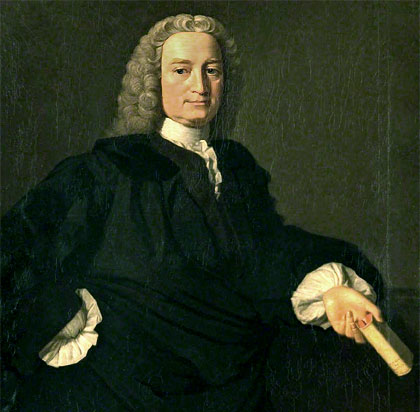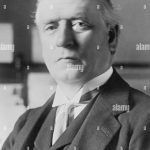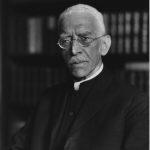Date of Birth: August 8, 1694
Zodiac Sign: Leo
Date of Death: August 8, 1746
Biography
Francis Hutcheson was a prominent Scottish philosopher born on August 8, 1694, in Drumalig, County Down, Ireland. He is often regarded as one of the founding figures of the Scottish Enlightenment and made significant contributions to moral philosophy, aesthetics, and political theory. Educated at the University of Glasgow, Hutcheson later returned to Ireland where he set up a private academy in Dublin. In 1729, he succeeded his former teacher, Gershom Carmichael, as Professor of Moral Philosophy at the University of Glasgow, a position he held until his death. Hutcheson is best known for his works “Inquiry into the Original of Our Ideas of Beauty and Virtue” (1725) and “Essay on the Nature and Conduct of the Passions and Affections” (1728). These texts laid the groundwork for utilitarianism and the moral sense theory, which argue that humans have an innate sense of right and wrong. His philosophy emphasized that the greatest happiness for the greatest number should be the guiding principle of moral action. Hutcheson was also a staunch advocate for the role of reason and emotion in human judgment, challenging the purely rationalist views of his contemporaries.
5 Interesting Facts about Francis Hutcheson
1. Francis Hutcheson was one of the first philosophers to argue that beauty and virtue are perceived through an innate “moral sense.”
2. He coined the famous utilitarian phrase “the greatest happiness for the greatest number” in his work “An Inquiry into the Original of Our Ideas of Beauty and Virtue.”
3. Hutcheson’s teachings influenced notable philosophers, including David Hume and Adam Smith.
4. He was a strong opponent of authoritarianism and advocate for liberty, laying the groundwork for later Enlightenment thinkers.
5. Hutcheson was of Ulster-Scottish descent and spent a significant part of his life in Ireland before moving to Scotland.
5 Most Interesting Quotes from Francis Hutcheson
1. “That action is best which procures the greatest happiness for the greatest numbers.”
2. “The perception of beauty does arise from a natural instinct implanted in us.”
3. “The essence of virtue is the love of mankind.”
4. “Our moral sense, or conscience, is a natural faculty in us.”
5. “True happiness consists in the enjoyment of life with a consciousness of doing good.”
Highest Net Worth Achieved
As a philosopher in the 18th century, precise financial records of Francis Hutcheson’s net worth are not available. His wealth primarily consisted of his academic position and publications, rather than substantial material assets.
Children
Francis Hutcheson had one son, also named Francis Hutcheson, who followed in his father’s academic footsteps and eventually became a professor at the University of Glasgow.
Relevant Links
2. [Internet Encyclopedia of Philosophy – Francis Hutcheson](https://iep.utm.edu/hutcheson/
3. [Britannica – Francis Hutcheson](https://www.britannica.com/biography/Francis-Hutcheson


